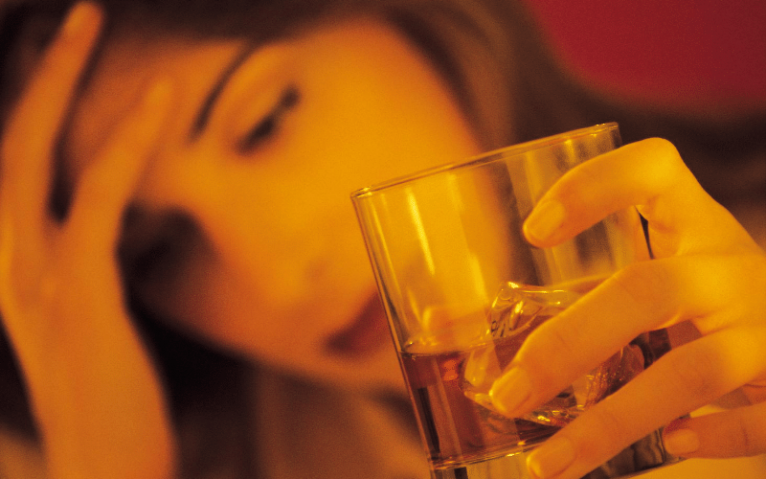What is Alcohol Withdrawal?
The onset of symptoms occurs when someone who regularly consumes heavy amounts of alcohol suddenly stops drinking. These withdrawal symptoms are uncomfortable and often require an alcohol detox. Of course, more alcohol consumed increases withdrawal symptoms. These symptoms could also happen to those who have had an episode of binge drinking.
It is considered a medical and clinical syndrome that can seriously affect people when they completely stop drinking. When a person is constantly drinking alcohol, the central nervous system will adjust to the presence of alcohol and seek a balance with it. “So, the CNS of a regular drinker naturally “speeds up.” It does this to compensate for the CNS depressant effects of alcohol on both brain function and the communication among nerve cells. And when the alcohol level is suddenly lowered, the brain remains for some time in a hyperactive state. This hyperactive state manifests as alcohol withdrawal symptoms.
Alcohol Rehab and Detox
Alcohol withdrawal symptoms can be extremely dangerous. While it is true that every addict should stop consumption of alcohol as soon as possible, it’s also true that the process can be life-threatening when a person decides to go through detox alone. Our alcohol rehab facility is fully prepared to help anyone through their withdrawal symptoms. To that end, the goal of detox is to provide a safe and healthy lifestyle.
Below are some of the top facts regarding alcohol withdrawal.
#1 Professionals Should Be Supervising Alcoholics in Their Recovery Process
Roughly a quarter of people who have issues with alcohol and decide to stop will require constant monitoring and the help of medication due to the severity of the withdrawal symptoms. The severity of withdrawal symptoms can partly be predicted based on the length of alcohol use and the quantity of consumption. The longer a person has been abusing alcohol and the larger the amount of consumption, the higher the risk of seizures and comas, which can be life-threatening. The experts in our alcohol treatment center ensure that every addict gets the medical attention they need.
#2 Delirium Tremens Are Dangerous
Also referred to commonly as DTs, delirium tremens show themselves to addicts in the form of uncontrollable shakes. This is directly correlated to harmful changes in the nervous system that require medical attention. Anyone going through DTs should seek medical assistance as they can have their vital signs monitored for safety.
#3 Alcohol Detox is Different Than Other Substances
It’s important that withdrawal treatment plans are assigned based on the substance a person was addicted to, how long they were using the substance and how much of the substance they were consuming. Because there are so many variables, it’s critical to have a personalized recovery plan assigned by an expert.
#4 Withdrawal Symptoms Can Last Years
First, withdrawal is a 3-5-day process while the substance slowly leaves a person’s system. This first phase is acute withdrawal. Next, post-acute withdrawal occurs. Consequently, these symptoms may last a year or longer. Thus, this is a time where the brain has to realign its chemistry. This portion of withdrawal can lead to mood swings, insomnia and an inability to concentrate at times.
#5 Fear of Withdrawal Should Never Outweigh the Danger of Addiction
Inpatient alcohol rehab programs can make withdrawal symptoms more tolerable. Medical experts can also map out a plan that provides the best road map possible for recovery. This includes dietary plans, exercise advice and more. The danger of alcohol abuse on the body far surpasses the struggle a person will endure throughout the withdrawal process.
Alcohol Withdrawal Side Effects
Below is a more comprehensive list of alcohol withdrawal side effects.
The symptoms of withdrawal can start to occur between 8 hours after the last sip of alcohol. The peak of the side effects starts 24-72 hours after the last drink.
Common Side Effects
- Mood swings
- Fatigue
- Depression
- Anxiety
- Nervousness
- Nightmares
- Irritability
- Shakiness
Physical Effects
- Loss of appetite
- Sweating
- Increased heart rate
- Clammy skin
- Pallor
- Insomnia
- Headache
- Enlarged pupils
The time to get better is now. Call 1-866-308-2090 to learn how our alcohol rehab center can better your life.









